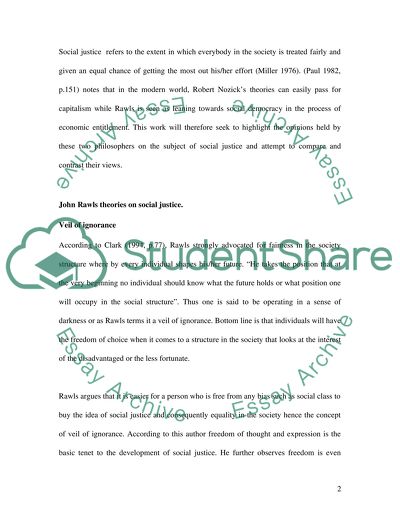Cite this document
(“Social justice Essay Example | Topics and Well Written Essays - 2000 words”, n.d.)
Retrieved from https://studentshare.org/sociology/1556365-social-justice
Retrieved from https://studentshare.org/sociology/1556365-social-justice
(Social Justice Essay Example | Topics and Well Written Essays - 2000 Words)
https://studentshare.org/sociology/1556365-social-justice.
https://studentshare.org/sociology/1556365-social-justice.
“Social Justice Essay Example | Topics and Well Written Essays - 2000 Words”, n.d. https://studentshare.org/sociology/1556365-social-justice.


